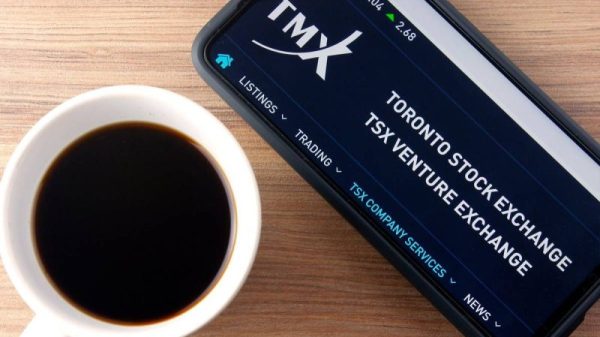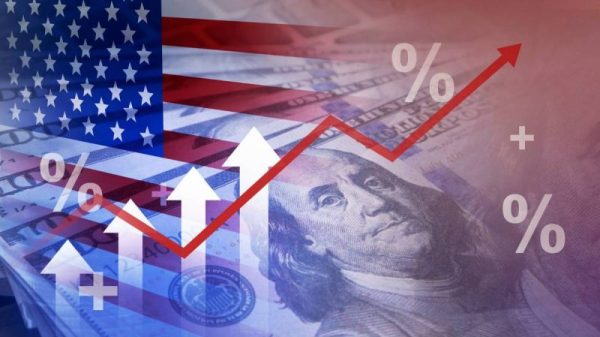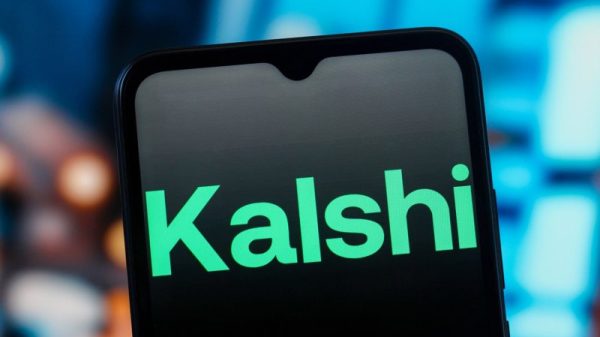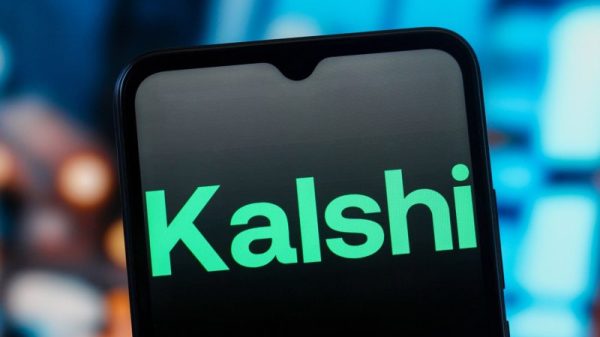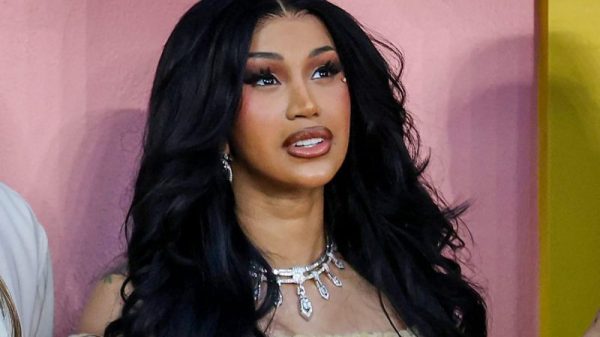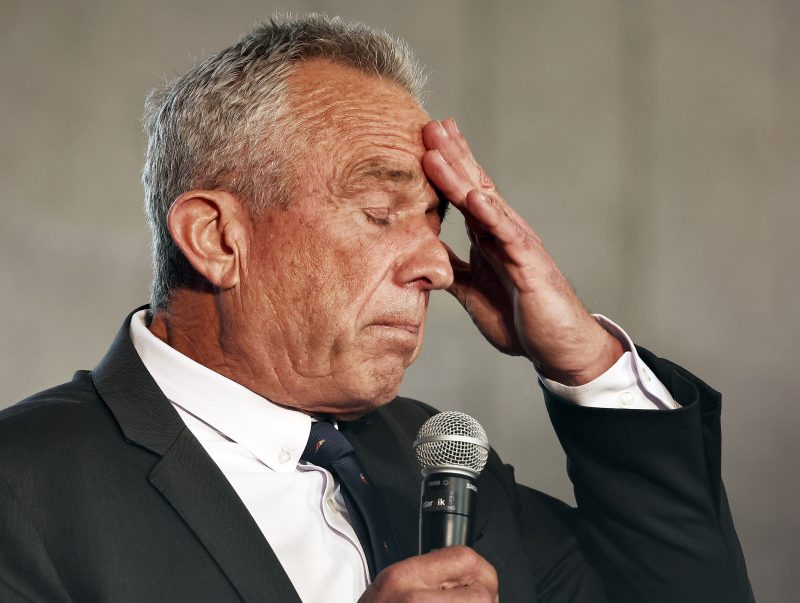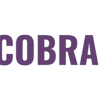Robert F. Kennedy Jr.’s approach to national politics is uncomplicated. Whatever the conventional wisdom — however sound it might be and no matter the scale of the evidence supporting it — he’s against it. If his last name were Smith, he’d have a fairly popular podcast and a line of nutritional supplements. But he was born into a different industry.
On Thursday, his scattershot presidential bid was ruffled (to the extent that it can be) by an assertion that people in jail for having participated in the Jan. 6, 2021, attack on the U.S. Capitol had been “stripped of their Constitutional liberties.” The campaign quickly asserted that this presentation, one that echoes the views of his ostensible opponent Donald Trump, was an error introduced by “a new marketing contractor.”
Kennedy subsequently decided to clarify his position on the Capitol riot. In a statement released on Friday afternoon, he affirmed that … he broadly agreed with the position of his ostensible opponent Donald Trump.
“January 6 is one of the most polarizing topics on the political landscape,” the statement begins, which is, by itself, an exceptional distillation of Kennedy’s approach to political issues broadly. The Capitol riot is polarizing because it is extremely useful for Trump and his allies to obscure and misdirect his supporters about what happened, which was that he lied about the election results and encouraged people to come to Washington on that day to protest and then directed them at the Capitol. It is polarizing in the way that vaccination is polarizing: There is a reality and there is a surreality, and the two are necessarily in conflict because the latter exists largely as a source of conflict.
“It is quite clear that many of the January 6 protestors broke the law in what may have started as a protest but turned into a riot,” Kennedy’s statement reads. “Because it happened with the encouragement of President Trump, and in the context of his delusion that the election was stolen from him, many people see it not as a riot but as an insurrection.”
That is not why people see it as an insurrection. People see it as an insurrection because it was an explicit effort to block the transition of power away from the guy who lost the election. It was a largely ad hoc and ultimately unsuccessful effort to do so, but it is not just a term applied because [waves hands] Trump.
“I have not examined the evidence in detail,” the statement continues, “but reasonable people, including Trump opponents, tell me there is little evidence of a true insurrection. They observe that the protestors carried no weapons, had no plans or ability to seize the reins of government, and that Trump himself had urged them to protest ‘peacefully.’”
This is an absolute all-timer of a cop-out. The guy is running for president but claims that on the issue that he himself describes as one of the most polarizing in politics, he gives us puppy eyes and insists that he simply doesn’t know much about it. But what he does know is that other people tell him that the mainstream consensus is wrong, and that’s all he needs to hear.
What he’s hearing is incorrect.
There were firearms in the crowd that day, if that’s the standard Kennedy requires for a “true insurrection” — and Trump reportedly asked the Secret Service to skip using metal detectors for his speech at a rally on the Ellipse that morning because the crowd was “not here to hurt me.”
Nor was the crowd trying to “seize the reins of government,” as Kennedy says he heard; it was instead trying to keep the reins in Trump’s hands, and did, however temporarily.
As for Trump “urging” the crowd to be peaceful, that’s a bit undercut by his firing them up during his speech that morning, his demand they attend the “wild” protest in the first place — and his utter indifference to speaking out against the violence until hours after it began.
But, then, I have examined the evidence in detail.
“Like many reasonable Americans, I am concerned about the possibility that political objectives motivated the vigor of the prosecution of the J6 defendants, their long sentences, and their harsh treatment,” Kennedy continues. “That would fit a disturbing pattern of the weaponization of government agencies — the DoJ, the IRS, the SEC, the FBI, etc. — against political opponents.”
A reminder that, earlier this week, Kennedy insisted that the sitting president might be as big a threat to democracy as Trump because Biden censored political opponents including Kennedy … which is not true. But governmental power is the epitome of something that rebels might rebel against, so Kennedy takes for granted that it is a deserving foil.
“One can, as I do, oppose Donald Trump and all he stands for,” the statement continues, “and still be disturbed by the weaponization of government against him.”
Citation needed, as Wikipedia would say. You see, though, how immersed in the Trumpian position Kennedy is: He takes for granted that Trump is suffering not from a severe bout of accountability but, instead, from unfair targeting.
Kennedy doesn’t oppose all that Trump stands for, not by any measure. He, like Trump, rejects conventional wisdom (no matter how wise) and authority (however authorized). It’s just the motive that’s different. Trump does it opportunistically to accrue confidence in himself by eroding his base’s confidence in everything else. Kennedy does it because it is what he does and it is what has earned him his following.
The statement concludes by attempting again to equate Biden and Trump, to position Kennedy in the middle between the two candidates. The problem is that the middle point between reality and surreality is still surreality.






